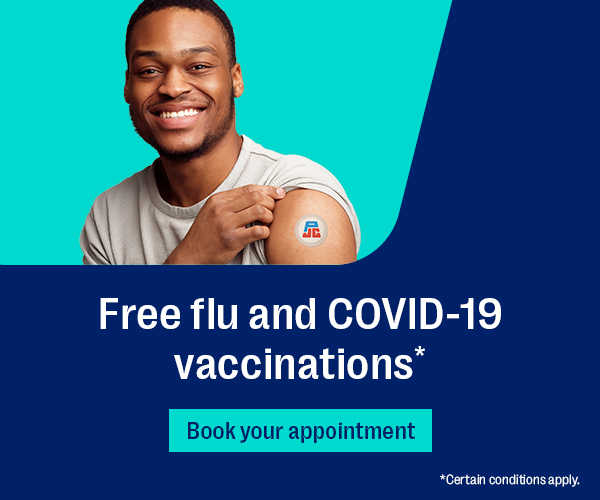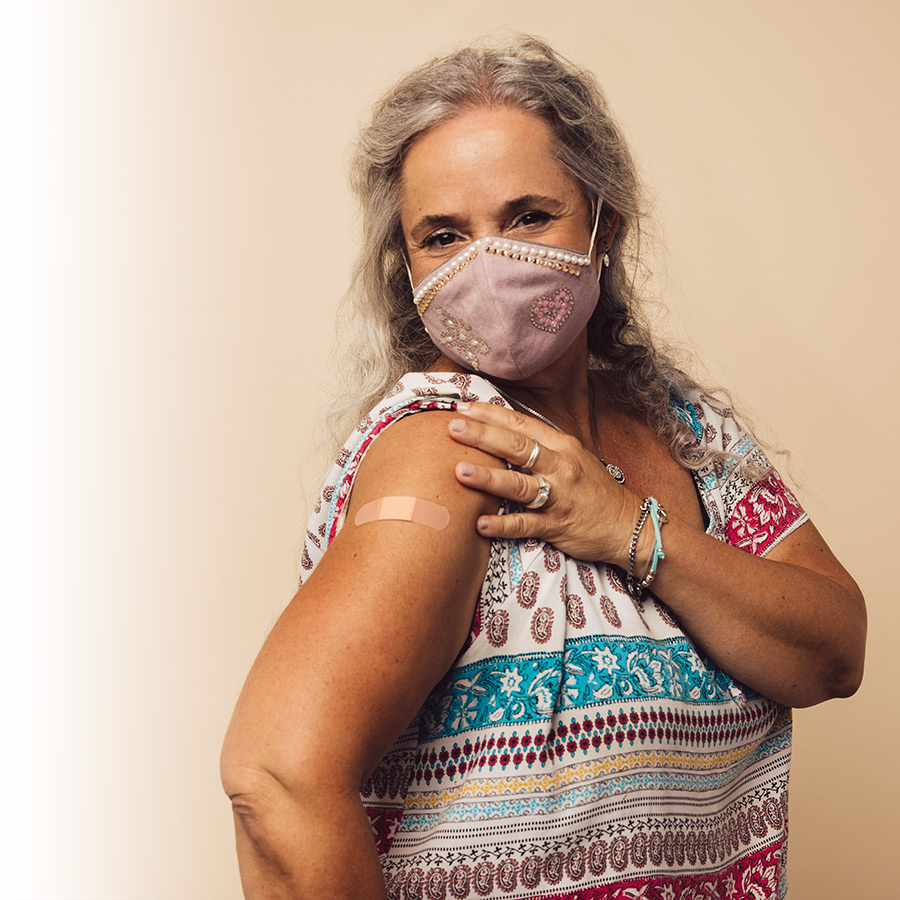VACCINES ARE WEAPONS AGAINST THE CORONAVIRUS
Vaccination consists of administering an active antigenic substance to an individual, usually by injection. This type of substance has the power to stimulate the body's natural defenses against a pathogen, such as a virus. The immune system thus acquires the capacity to defend itself against a possible infection by the microbe involved, in this case, the coronavirus. It produces antibodies to be ready to fight and it keeps in memory information allowing it to recognize the presence of the virus in the body, when the time comes.
The World Health Organization and public health authorities around the world are focusing on vaccination as a safe and effective way to protect people from potential infection. At the beginning of the COVID-19 pandemic, scientists from dozens of countries have been working hard to develop proven vaccines to fight the virus. The use of these vaccines is intended to protect the entire population from the havoc of COVID-19, especially those most vulnerable to the infection and its consequences.
There are still many myths circulating about COVID-19 vaccines. It can sometimes be difficult to distinguish fact from fiction... See our answers to some frequently asked questions.
CAN A PERSON VACCINATED AGAINST COVID-19 DEVELOP THE DISEASE?
Although vaccines are very effective against COVID-19, no vaccine is 100% effective. Therefore, on rare occasions, a vaccinated person may become infected following exposure to the virus and therefore develop the disease anyway. However, thanks to the vaccine, this person will be less likely to develop the related complications.
It is important to note that it is not possible for the administration of the vaccine itself to cause the disease, as it is never the coronavirus that is injected, but rather only a component derived from part of a virus.
Additionally, remember that immunity takes time to develop after the vaccine is given (up to 2 to 4 weeks). Therefore, a person could develop the disease before the vaccine has had time to take full effect.
CAN COVID-19 VACCINES CAUSE DANGEROUS SIDE EFFECTS?
Like all medications, COVID-19 vaccines can cause some adverse effects, but these are usually mild and transient. The most common side effects are pain, redness or swelling at the injection site, chills, fever, fatigue, headache and muscle aches. The risk of more serious side effects is very low.
Before approving the vaccines for marketing, Health Canada rigorously reviewed the efficacy and safety of each and found that the benefits far outweighed the risks. In other words, it is far more dangerous to your health to develop the disease than to receive a vaccine.
FOR A VACCINE AGAINST COVID-19 TO BE EFFECTIVE, IS IT ABSOLUTELY NECESSARY TO RECEIVE BOOSTER DOSES?
The COVID-19 virus, like influenza, changes from season to season, with new variants appearing. So, like the flu, it's much more effective to be vaccinated regularly against COVID-19, since each new version of the vaccine is designed to cover the strains currently in circulation, offering better protection. What's more, a single dose of COVID-19 vaccine protects the vaccinated person for a few months, not a lifetime. This is why it is necessary to repeat vaccination with booster doses as recommended by the government.
THE COVID-19 VACCINES WERE DEVELOPED AND APPROVED QUICKLY. SHOULD I DOUBT THEIR EFFICACY AND SAFETY?
It is true that the process of developing and marketing COVID-19 vaccines was accelerated to meet the pressing protection needs of the population. However, this does not mean that the usual steps were not followed! The speed of the process was due to a number of factors:
- effective international collaboration
- rapid recruitment of participants in clinical studies
- adaptation of marketing authorization processes
- reduced timelines
- increased funding
- etc.
The review process leading to the authorization of a vaccine by Health Canada is an extremely rigorous and complex one. Rest assured that all steps to ensure the vaccine is effective and safe for the intended populations have been followed. Even after the vaccine is on the market, there is ongoing close monitoring of the available data for further analysis.
AFTER RECEIVING THE VACCINE, CAN I BE LESS VIGILANT ABOUT HYGIENE MEASURES?
As mentioned earlier, vaccines do not provide perfect protection against the coronavirus, and there is a delay between vaccination and the full effect of the injected product. Hygiene measures such as washing hands and wearing a mask when ill are still recommended.
Don’t hesitate to speak to your pharmacist for additional information on the ways to prevent COVID-19, including vaccines.



